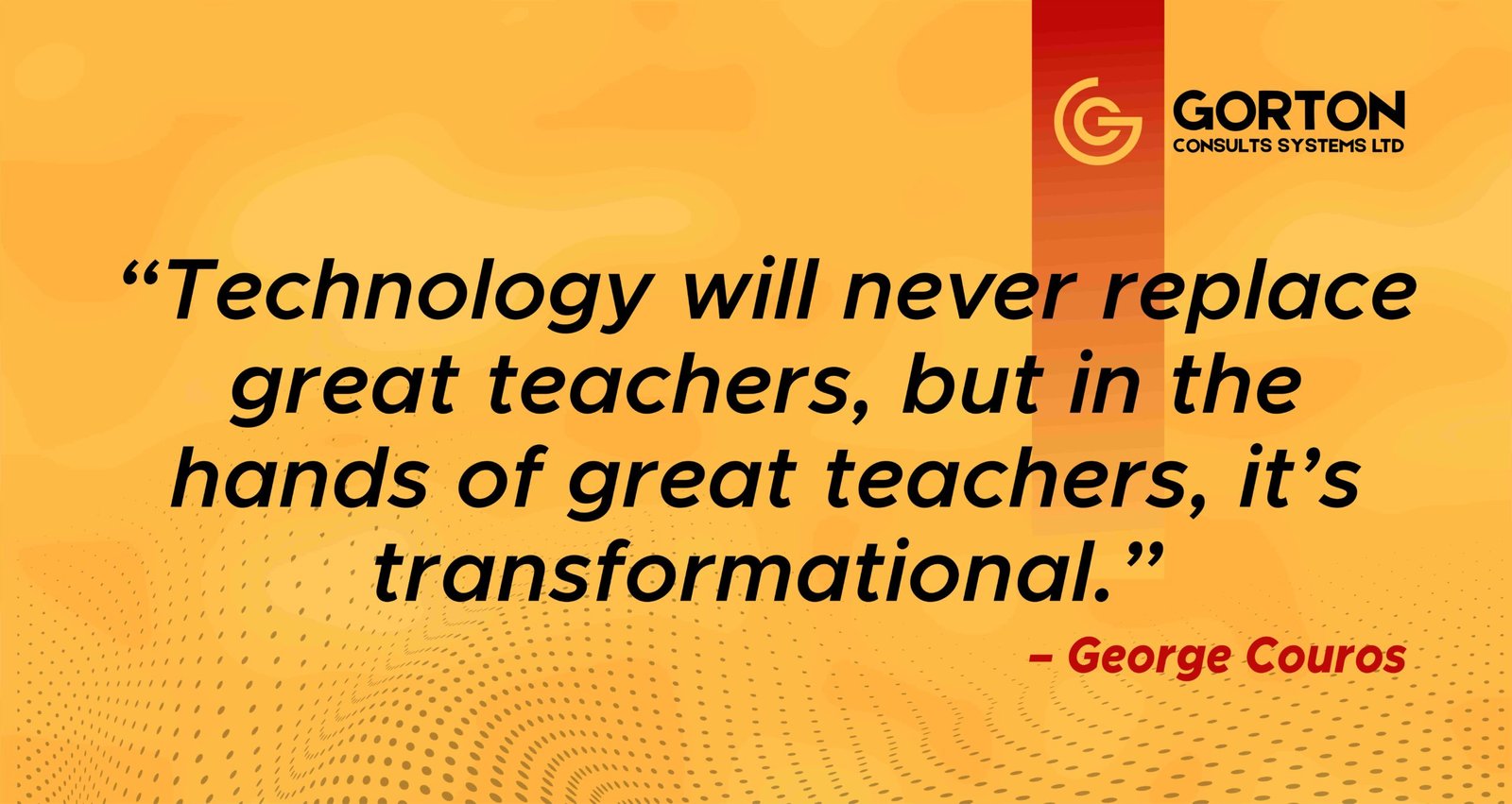Technology will never replace great teachers, but in the hands of great teachers, it’s transformational. – George Couros
The adoption of Learning Management Systems (LMS) has redefined the way education is delivered worldwide. From bustling urban universities in Africa to rural institutions across Asia and Europe, digital platforms are increasingly becoming the backbone of modern learning. Yet, behind every software and system lies the heart of education—the educators themselves.
While LMS platforms promise scalability, efficiency, and access, the reality is that educators are the ones tasked with making these systems meaningful. For many, this digital transition can feel overwhelming. It is not simply about learning a new tool—it is about shifting mindsets, reshaping teaching styles, and redefining the relationship between teacher and learner.
Why the Human Side Matters
When institutions roll out an LMS, the first instinct is often to focus on the technical. What features does it have? How secure is the data? Can it handle thousands of learners? These questions are valid, but they overlook a crucial dimension: how educators adapt.
Teachers are more than content deliverers; they are mentors, guides, and motivators. If the transition to an LMS feels forced or unsupported, educators may struggle to embrace it. This is especially true in regions where digital literacy gaps still exist. In Africa, for example, digital infrastructure is expanding, but without empathetic support, many teachers risk being left behind in the global shift toward technology-driven education.
Change is hardest at the beginning, messiest in the middle, and best at the end. – Robin
Sharma
Supporting educators through change requires more than technical training—it requires
empathy, patience, and the recognition that teaching is as much an art as it is a science.
Challenges Educators Face in the Digital Transition
- Fear of Obsolescence: Some educators worry that LMS platforms may diminish their role. The truth is, technology amplifies great teaching—it doesn’t replace it.
- Digital Literacy Gaps: Not all educators have had equal exposure to digital tools. Some may be navigating an LMS for the very first time.
- Workload and Stress: Adapting lesson plans, grading digitally, and engaging learners online can initially feel like an added burden.
- Cultural and Regional Differences: In Africa and other developing regions, challenges like limited internet connectivity or lack of devices compound the transition.
Empathy as the Bridge
Empathy must be at the center of LMS adoption. Institutions that succeed in implementing digital learning platforms are those that listen to educators, acknowledge their struggles, and provide hands-on, step-by-step support.
Instead of one-off training, continuous mentorship and communities of practice can help educators feel they are not alone in the journey. By creating safe spaces for experimentation— where mistakes are treated as stepping stones—teachers are more likely to embrace change confidently.
Building Educator Confidence
- Start Small, Grow Big: Encourage gradual adoption. Teachers might begin with simple tasks, like uploading assignments, before progressing to advanced LMS features.
- Highlight Success Stories: Sharing global and local success cases shows educators that the transition is possible, rewarding, and impactful.
- Peer Learning: Teachers learn best from other teachers. Peer-driven LMS workshops foster collaboration and reduce the intimidation factor.
- Celebrate Progress: Recognition, however small, motivates educators to keep engaging with digital tools.
A Global Perspective with Local Realities
Across the world, from Europe to Africa, the conversation around LMS is not just about efficiency—it is about empowerment. In Nigeria, digital education is rapidly becoming a necessity as institutions strive to prepare learners for the knowledge economy. In Kenya, South Africa, and Ghana, similar shifts are taking place, with educators at the center of innovation.
Yet, whether in Lagos, London, or Lusaka, one principle remains the same: education technology succeeds when educators are empowered, not overwhelmed.
Education is the most powerful weapon which you can use to change the world. – Nelson
Mandela.
Walking with Educators, Not Ahead of Them
The human side of LMS reminds us that digital transformation is not merely about systems and software—it is about people. Supporting educators through empathy, patience, and sustained capacity-building is the surest path to lasting impact.
When institutions prioritize the human element, they don’t just adopt an LMS—they nurture a new culture of learning that resonates across classrooms, communities, and continents.



